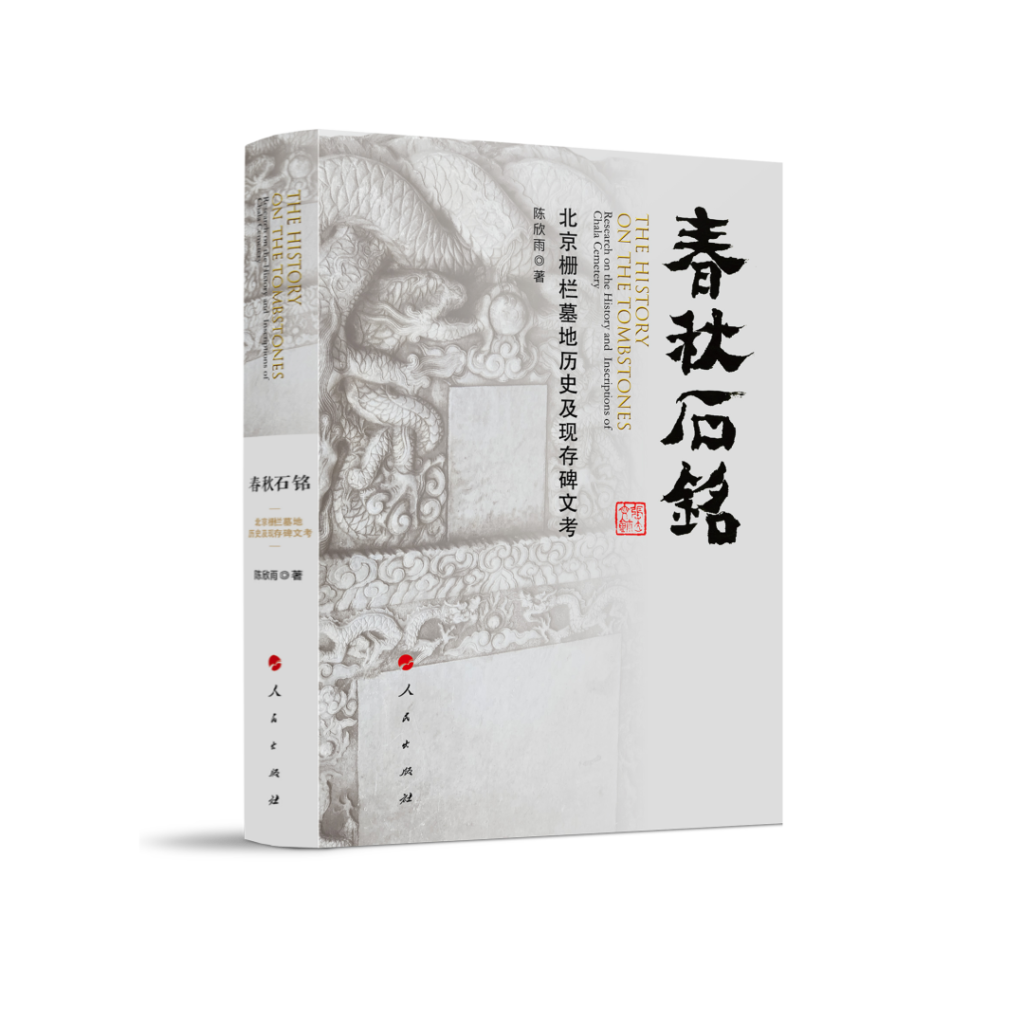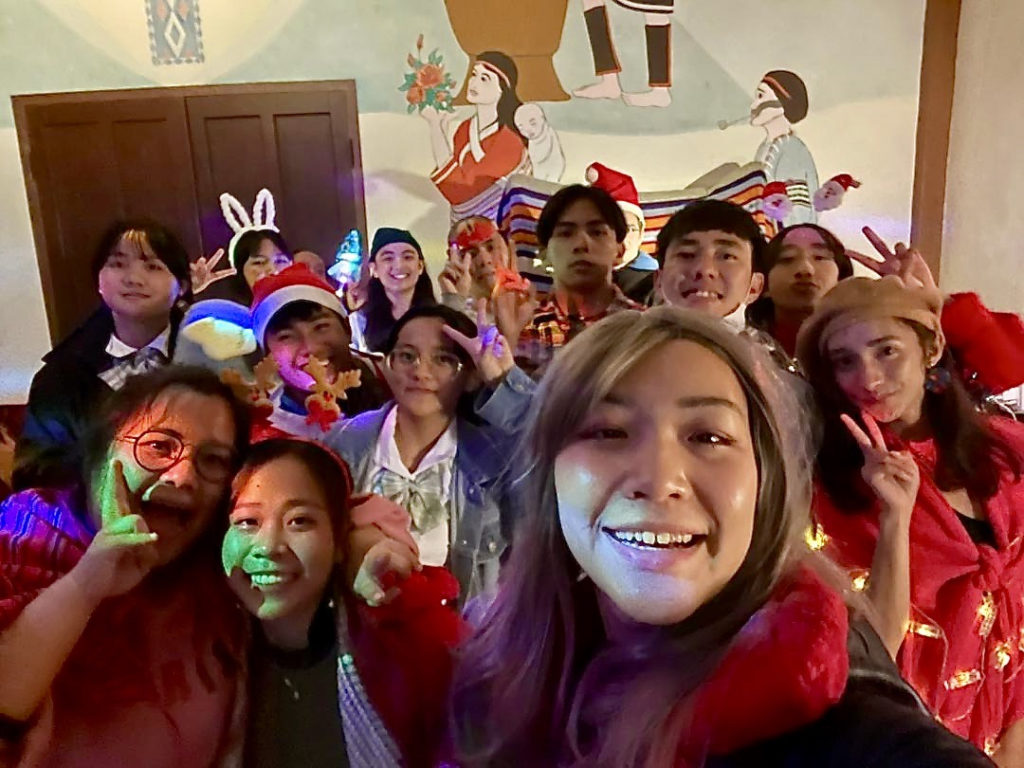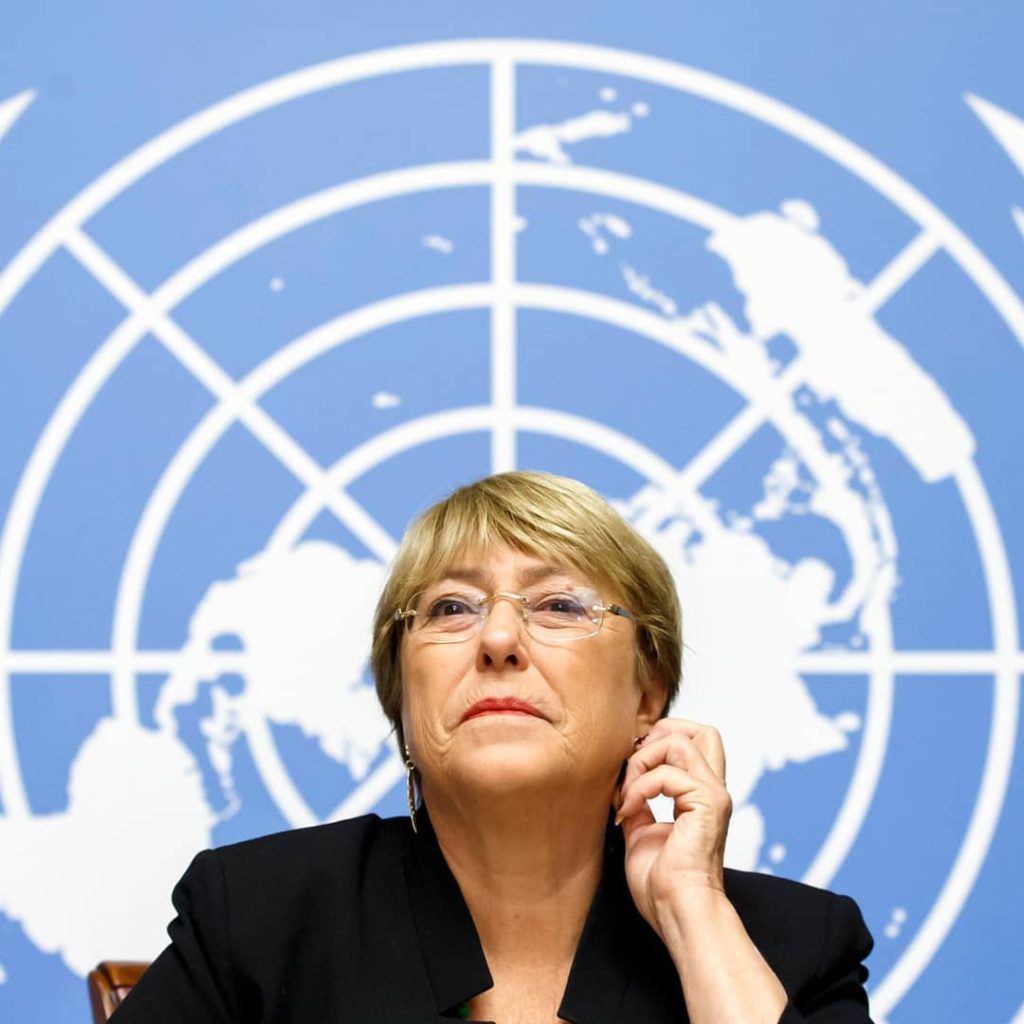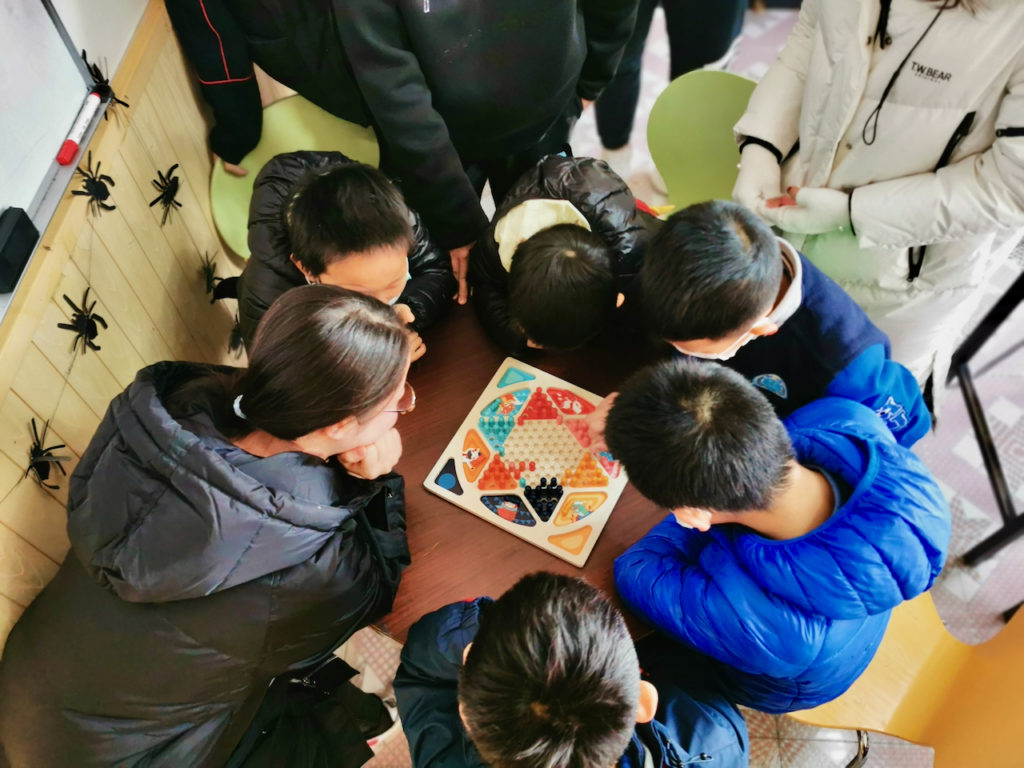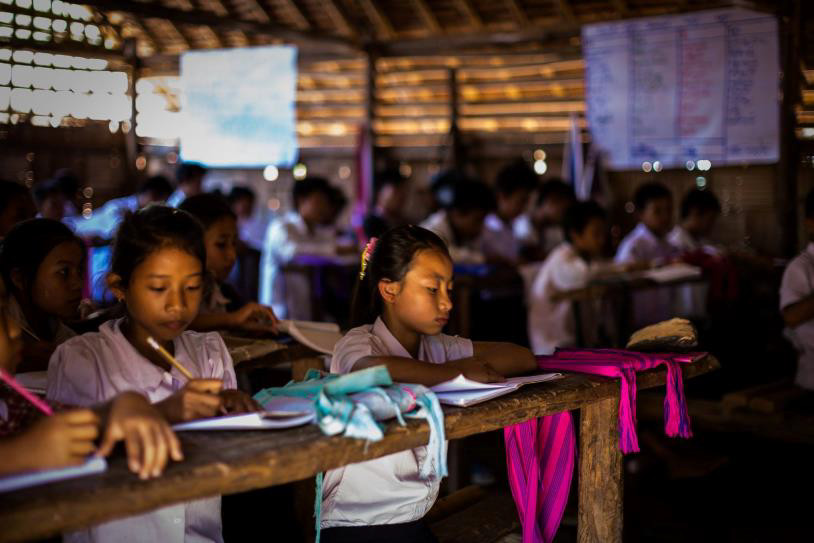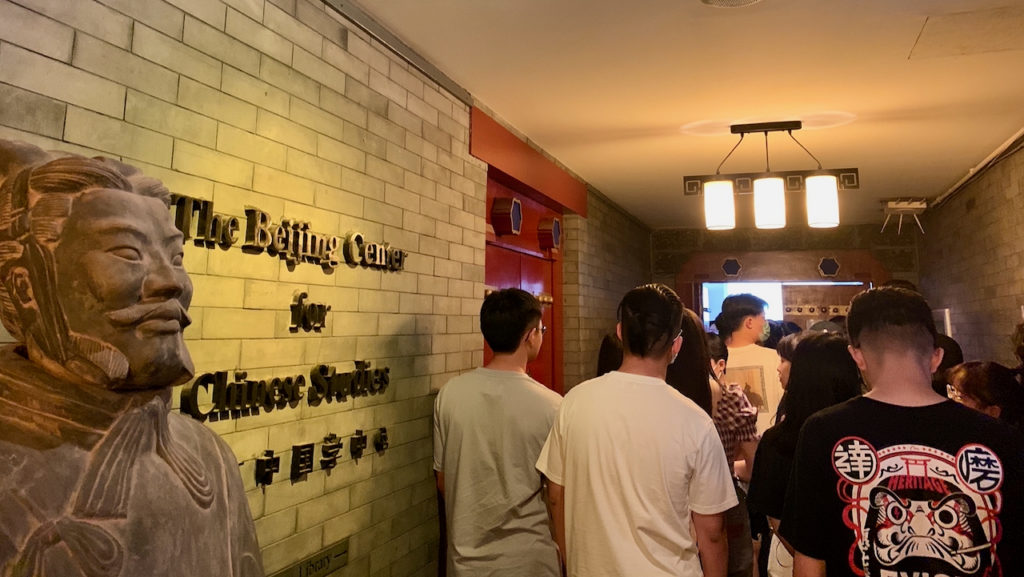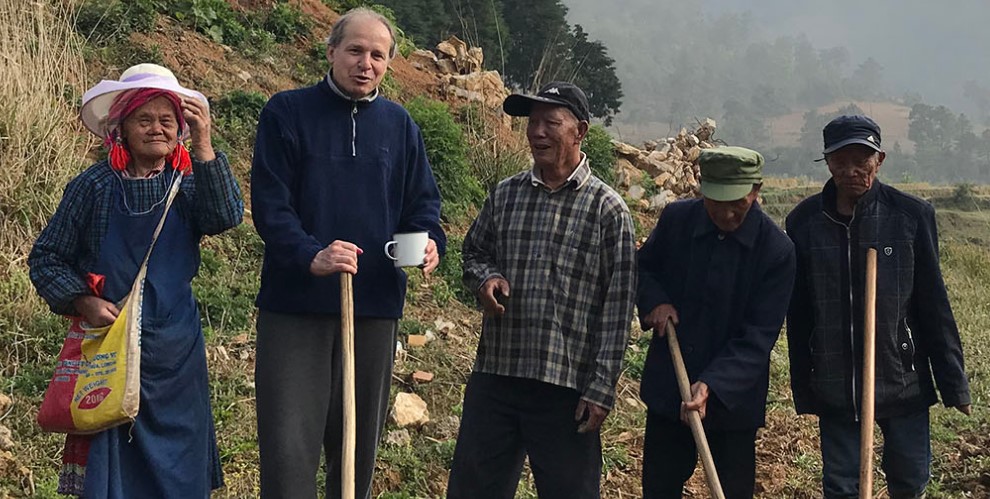As an international academic institution with a Jesuit spirit, TBC is actively welcoming inspired and knowledgeable authors, business professionals, and scholars. On January 7, 2021, we had the pleasure of welcoming Chinese author and academic, Dr. Chen Xinyu. Continue reading “How Tombstones are Helping Uncover the Jesuits’ History in China”
How Tombstones are Helping Uncover the Jesuits’ History in China
Celebrating love and diversity among indigenous youth
This pandemic has inevitably changed the way we celebrate. Physical gatherings are risky, potential super spreader events where people might catch the virus. The next best thing is to take the celebration online: Zoom parties are the norm these days. And while a virtual celebration is certainly different, we do what we can to stay connected.
Last December, two indigenous youth groups–one from the southern Philippines (Bukidnon, Davao, and Culion) and another from the small village of Chingchuan in Hsinchu County, Taiwan–met online for a Christmas celebration organised by the Jesuits working in indigenous ministry. Despite the geographical distance, language barriers and technical difficulties, the youthful energy and spirit of sharing pervaded over the gathering. As Conference President Fr Tony Moreno SJ noted in his message to the group, it was “the only network within the Jesuit Conference of Asia Pacific to have a Christmas celebration”. This was a true example of how the joy and enthusiasm of the youth, no matter what obstacles they face in life, cannot be extinguished. As Abegelle, a Food Technology student from Bukidnon State University put it, they are “divided by distance, united by the love and hope of our tribes”.
Fr Ambrosio Flores SJ, coordinator for the Jesuit Companions in Indigenous Ministry (JCIM), and Fr Barry Martinson SJ, a pioneer in this ministry and parish priest in Chingchuan, steered the participants to put together a programme centred on sharing–their identities as indigenous youth, as students, and as talented young people with bright futures ahead. From the livestream in Malaybalay, students from the seven tribes of Bukidnon were resplendent in their multi-coloured traditional clothing. Representatives from the Tagbanua tribe in the island of Culion and the Ateneo Lumad Students Association from Davao also participated.
Meanwhile in Taiwan, the lively group of Ayatal youth–all in high spirits from celebrating their Christmas party in the village church earlier that same evening–were bundled up in winter clothing, some wearing Santa hats and holiday accessories. They all had the chance to introduce themselves to each other. Fr Martinson emphasised using song and dance in the programme, which is universally appealing and easy to translate, as English was not spoken by everyone. The presentations were as diverse as the performers: from indigenous Ayatal songs, to traditional Filipino kundiman (love song) accompanied by acoustic guitar, from original rock ballads with full band to classic Christmas carols–and of course, dancing–the spirit of sharing their talents and expressions of joy for the season were palpable.
JCIM has done over two decades of apostolic work with communities all over Asia Pacific–aside from the Philippines and Taiwan, also Australia, Timor-Leste, Indonesia, Malaysia, Thailand, Vietnam, Laos, Myanmar, and Cambodia–and continue to accompany the youth, with a focus on integral formation. As indigenous youth often have to struggle with things other young people take for granted and face obstacles like poverty, discrimination, and maintaining their indigenous identity, it is important to accompany and encourage them and provide opportunities for growth.
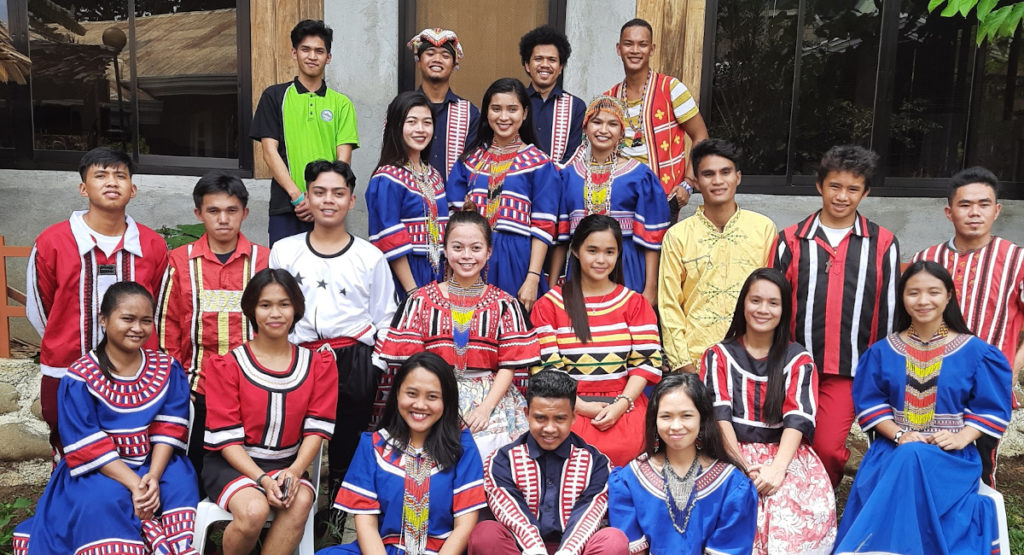
In Bukidnon, the Kapawa hu Paglaum College Scholarship and Formation Programme supports indigenous students as they strive for “self-governance and empowerment, and political, social, economic, and religious inclusion through accompaniment”.
In Chingchuan, while the youth all have the opportunity and resources to complete their education, they are also exposed to the arts through the artistic centres in the village, including the indigenously-designed primary school, a forest arts and crafts village, and the Catholic Church with its mosaics, murals, and stained glass. Thus equipped, they now have to find a way to “advance in society while sustaining and developing their own distinctive culture, to keep their faith in the face of a materialistic society, to preserve their characteristic warmth and hospitality with increasing tourism and opportunities to make money, to find meaning in life when so much has been given to them.” Today, Fr Martinson says, the Ayatal youth “are proud to be what they are. They have come a long way, and it has not been without struggle.”
The gifts from the JCIM online gathering were not in the form of material things. But the participants took home insights with far greater value. “The Christmas encounter made me believe that there is still a thriving fervour of love within the indigenous youth towards one’s tribe, one’s community,” shared Ereca, an agriculture student from the Manobo tribe. Needheart, a sociology major from Bukidnon State University, said: “Sharing with the indigenous youth across Asia Pacific is one of the most memorable moments for me. It reminded me of God’s love for us that is undeniably unending and big.”
If you would like to help the students through the Kapawa hu Paglaum College Scholarship and Formation Programme, please visit this link for more information.
Jesuits intensify campaign for release of Fr. Stan Swamy
December 10, the International Human Rights day, was one of its kind this year for most Jesuit institutions. A unanimous cry for justice and respect of the basic human rights of Fr. Stan Swamy S.J, the 83-years old Jesuit priest and human rights activist, who has been unfairly imprisoned by the National Investigation Agency in India since October 8, was on the top of the agenda for these institutions. Continue reading “Jesuits intensify campaign for release of Fr. Stan Swamy”
The Beijing Center holds Virtual Internship Showcase for students
The Beijing Center (TBC) hosted a Virtual Internship Showcase to recap the student-interns’ experiences during their Fall 2020 semester. TBC began offering virtual internship experiences to students interested in China and its growing business market as one way of adapting and modifying educational methods with the development of the global pandemic.
On 21 December, working professionals, professors, and TBC staff had the opportunity to hear from student-interns from Marquette University in Wisconsin, USA, and Sanata Dharma University in Yogyakarta, Indonesia about their individual experiences working with the World Wildlife Fund (WWF) and Glue Up (formerly EventBank).
The students shared their internship work and how it has contributed to improving their skills and giving them an upper hand in continuing their studies. A common topic was how they learned from a different country and company culture and how to communicate better when working with people in different time zones.

The showcase presentations concluded with a Q&A session from the audience. One of the supervisors commented on the challenges and blessings that virtual internships can bring during this particular time and how the experience of a virtual internship can help young professionals begin developing a solid remote work ethic and learning to work independently and effectively outside of the office environment.
This was the second time TBC held a Virtual Internship Showcase, the first being in summer 2020.
From fear to great joy
This celebration of Christmas is particularly different, and probably strange for some people. It feels more like a very long Advent rather than a Christmas celebration that we customarily do. But if Christmas means an authentic encounter with the birth of the Lord in our world today, then, there is an invitation to discern and follow the voice of the angel as the shepherds experience for themselves.
In Luke’s account of the birth of Jesus, the angel says to the shepherds who are struck with great fear: “Do not be afraid; for behold, I proclaim to you good news of great joy that will be for all the people.” In this familiar story, the shepherds, one of the most marginalised sectors of Jewish society, are the first to hear of the good news. Strangely enough, they find the infant who is both Messiah and Lord “wrapped in swaddling clothes and lying in a manger”. This image of fragility is very significant and powerful for our time, and especially for the most vulnerable among us. God enters into the depths of our humanity and frailty. Christmas is a season of hope. There is no place for fear or despair when we admit our vulnerabilities. Fear should give way to the hope that God remains with us even during this time of insecurity, joblessness, hunger, natural calamities, sickness, and death. Not even the saddest and most painful moments of human history can take away the consoling presence of our God-made-human.
Let us be like the shepherds, eager to find Jesus wherever he is. Let us learn from them as they radiate joy after their encounter with the infant. They see blessings despite the many challenges in life. For indeed, God is truly present amid the uncertainties, and struggles of humanity and creation.
Blessed Christmas to one and all!
Tony Moreno SJ
President, Jesuit Conference of Asia Pacific
Multiplying the five loaves and two fish
Each semester, students at The Beijing Center (TBC) are encouraged to participate in local service-learning activities to practice the Jesuit tradition of helping others and attaining a sense of social responsibility. This fall semester, TBC students volunteered at Five Loaves and Two Fish, an organisation acting to support migrant worker families. Continue reading “Multiplying the five loaves and two fish”
Myanmar Jesuit Mission: Supporting women and girls in the pandemic
Myanmar is suffering from a resurgence of Covid-19 cases–much worse than the first wave–and now millions are locked down, unable to work or go to school. With the coming of cooler weather in December and January, they are predicting ongoing infection. The World Health Organisation is calling this an “emergency period” for the small Southeast Asian country, which has been rocked by conflict most severely in the western Rahkine State.
This has not stopped the Myanmar Jesuit Mission from continuously working to help those most in need. The squatter families in Yangon, the poorer parts of Taunggyi, and those displaced by conflict in Kachin and Chin States will receive six months’ worth of food and livelihood support. The social outreach team is led by a newly ordained Jesuit, Fr Cyril Nya Myo Htet, who is joined by partners on the ground sending food packs and supplies to the most vulnerable households. Also, they are focusing on building livelihood opportunities, simple ways to help alleviate their poverty.
Women and girls, especially, have been impacted by the pandemic. The lockdown situation has led to more incidences of domestic violence, sexual abuse, and exploitation. Unable to work, they are stuck in the slums and faced with desperate circumstances, forcing some into the sex trade despite the risks and stigmatisation. Fr Cyril Nya Myo Htet SJ says, “These women are good people who seek dignity through hard work… The pandemic has melted the livelihood of thousands and these women sacrifice their lives to feed their families.” In the coming months, skills training and microcredit loans will be offered to the women to help with their situations.
Meanwhile, in the northern Myanmar, Kachin State is home to thousands of internally displaced people (IDP) who fled their homes because of armed conflict. In the town of Myitkyina, Jesuit Mission is working with women’s groups in IDP camps to provide skills training. With an intensive sewing and tailoring course, complete with sewing machines and sweater making machines, the women are able to make garments that they sell through a cooperative.
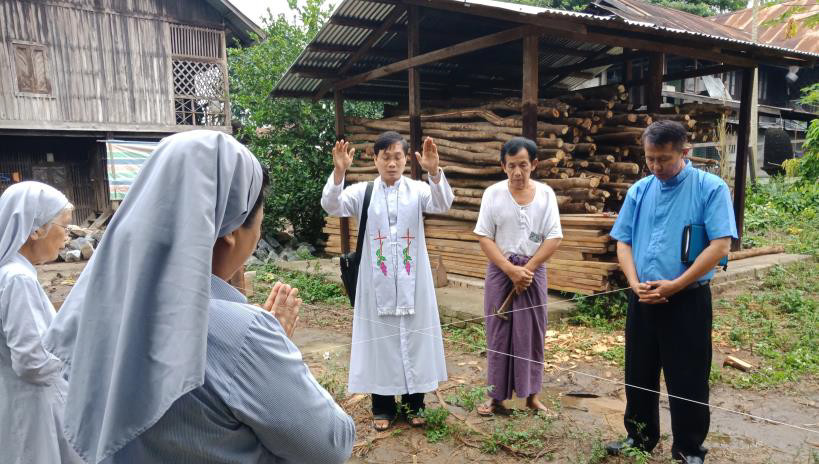
At St Michael’s Parish in Nanhlaing Village, the Jesuits run a simple hostel for around 20 boys. There is a new girls hostel on the rise, which will allow around 50 girls to attend the nearby government school. Last October, Fr Stephen Mar Tay SJ and the Franciscan Missionaries of Mary sisters blessed the ground before laying the foundation stone for the hostel. The good FMM sisters –who have been with the parish for over eighty years–will run the girls hostel, along with the health clinic and the kindergarten. The girls hostel will be completed in December 2021.
Fr Mark Raper SJ, Superior of the Myanmar Jesuit Mission, shares a message of hope: “Although the capacity of Myanmar Mission is limited we are determined to be available where we can be and to support the Myanmar religious who work closely with the poorest and most vulnerable people. Thank you for your solidarity with us in prayers and in financial support. We have now set in place plans for continuing our outreach activities for the first three months of 2021.”
Contributions to the Myanmar Jesuit Mission Covid-19 Emergency Appeal may be sent to Manila, Australia, Germany or directly to Myanmar. Contact Mission Treasurer, Fr Puspobinatmo SJ at mynprocur[at]gmail.com or Development Officer, Gillian Donoghue at mynsjdo[at]gmail.com for details.
Open Letters of JCAM & Xavier Network to Boris Johnson and AU-EU Leaders.
The preoccupation with Corona and the postponement of the COP 26 meeting at Glasgow raises concern that efforts to combat Climate Change are postponed as well.
Fr. Agbonkhianmeghe E. Orobator, President of the Jesuit Conference of Africa and Madagascar and Fr. Franck Janin, President of the Xavier Network sent a letter to the British Prime Minister Boris Johnson and a second one to the President of the African Union, Cyril Ramaphosa, the President of the Council of the European Union, Angela Merkel and the President of the European Commission, Ursula von der Leyen.
In their letters they want to emphasize:
- Covid 19 is a serious problem, but Climate Change also continues. When billions of USD and Euro are released to fight Corona, they need to be spent in a way that adaptation, mitigation and resilience in view of climate change is part of the package. We need a social and ecological transformation to tackle the multiple crises of our time.
- Africa suffers more (most?) from COVID 19 since its already existing problems of debt and poverty have been exacerbated while nothing is left to tackle the increasingly felt consequences of climate change and other plagues arising from the overuse and pollution of natural resources.
- Europe historically and presently belongs to the largest polluters and it has therefore to honour its commitments given at the Paris Agreement (contributing to the 100 bn annually) and in Rio 1992 (Principle of Common But Differentiated Responsibility). This can be done directly via the transfer/investment of money and technology, or indirectly by assisting Africa in improving in Domestic Resource Mobilizationand fighting Illicit Financial Flows.
- Time is running out, tipping points are fast approaching. Hence NDCs need to be formulated not by looking backwards to 1990 figures, but ahead to the global CO2-budget remaining before the 1.5/2 degree threshold is irrevocably crossed.
- Here, synergy between Europe and Africa can be exploited. For example: Helping Africa leapfrogging fossil industry is more effective to combat climate change than “cheating” by exporting dirty industry to poor countries, thus polishing own statistics by merely shifting the problem.
- Therefore: Given problems in the global, UN sponsored COP process, the Jesuits argue for speeding up an Enhanced AU-EU cooperation.
Download the letter to Boris Johnson
Download the letter to Cyril Ramaphosa, Angela Merkel and Ursula von der Leyen.
The Bejing Center Welcomes New American Pathway Program Students
On Friday, September 11, 2020, The Beijing Center (TBC) welcomed its Fall 2020 cohort comprised of local Chinese freshman from the College of the Holy Cross, Saint Joseph’s University, University of Notre Dame, and University of the South. Continue reading “The Bejing Center Welcomes New American Pathway Program Students”
Learning To Promote Justice In A Chinese Enviroment
To live a faith that promotes justice also means to operate and make decisions amidst difficult and challenging environments. When confronted with such environments, a variety of images will fill our feelings, imagination, minds, and hearts. Ignatian spirituality pays special attention to the discernment of images, when we are still searching for meaning as a previous condition before looking for solid solutions to concrete problems. Continue reading “Learning To Promote Justice In A Chinese Enviroment”

